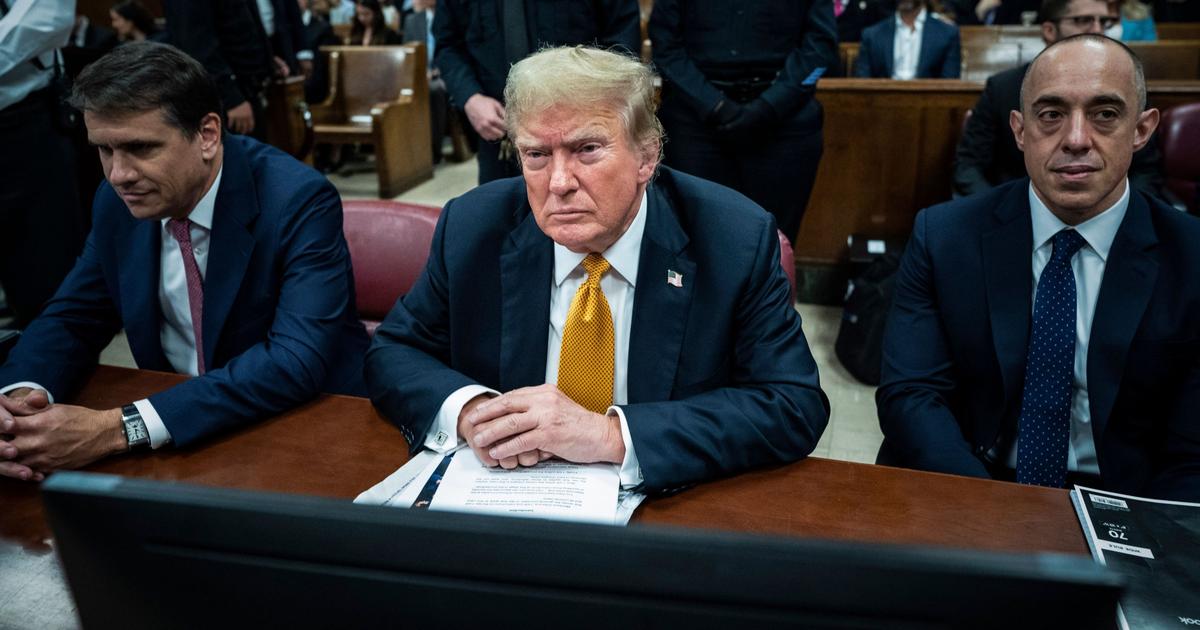Trial Verdict: Donald Trump Convicted
In a historic first, former President Donald Trump has been convicted by a New York jury on all counts related to falsifying business records to conceal hush money payments made to a porn star during his 2016 presidential campaign. This marks the first time a sitting or former U.S. president has been convicted in the American criminal justice system. Despite the conviction, which does not legally bar him from continuing his presidential race, Trump remains active in political meetings and public speeches.
The month-and-a-half-long trial concluded with Trump being found guilty of all 34 charges laid against him. The sentencing is scheduled for July, with speculation about the nature of the penalty ranging from prison time to a lighter sentence such as probation or community service. Former prosecutors have emphasized the unique nature of this case, making it challenging to predict the final verdict. Trump has pleaded not guilty and denied all allegations, including the extramarital affairs.
The Symbolic Role of Trump's Ties
One intriguing aspect of the trial has been the role of Trump's wardrobe, particularly his choice of ties. During public political events, Trump often sports his signature red campaign tie, which many associate with his bold and brash persona. However, in court, his tie choices have varied, including blue, yellow, and even patterned ties, perhaps signaling different strategic motives. According to journalist and clothing specialist Marc Beaugé, red ties serve to maintain Trump's aggressive, uncompromising image, resonating with his voter base. Conversely, his choice of blue ties in court may be an attempt to project a more subdued, less aggressive image.
Anthropologist Michel Pastoureau notes the ambivalence of the color yellow, which Trump has worn during the trial, symbolizing both power and betrayal. Blue, a favorite color since the 18th century and associated with Democrats in the U.S., may subconsciously signal a sense of defeat or compliance. The enigmatic tie changes have raised questions about whether these choices are deliberate or merely circumstantial, adding another layer of intrigue to an already unprecedented trial.
- The verdict, expected to be announced early next week, is likely to be a carefully deliberated decision by the jury. They are expected to proceed cautiously, weighing the evidence presented over the lengthy trial. This careful approach is emphasized by the so-called 'Friday effect,' where jurors push to conclude before the weekend, striving to avoid additional court sessions.
- Daniel Horwitz, former Manhattan district attorney, suggests that while a prison sentence for Trump is unlikely, it is not entirely off the table. The charges hold a maximum penalty of up to four years in prison, but Judge Juan Merchan has the discretion to impose a lighter sentence. This could range from a suspended sentence, requiring Trump to comply with specific conditions and report to a probation officer, to charitable work, allowing him to remain free as long as he avoids further legal issues.
- Former prosecutor Diana Florence believes that given the substantial evidence, a prison sentence is justified. The case's uniqueness, involving alleged falsification of business records to cover a bribe, makes it difficult to predict the judge's ruling. If convicted, the sentence could set a significant precedent in the legal treatment of former high-ranking political figures in the U.S.






